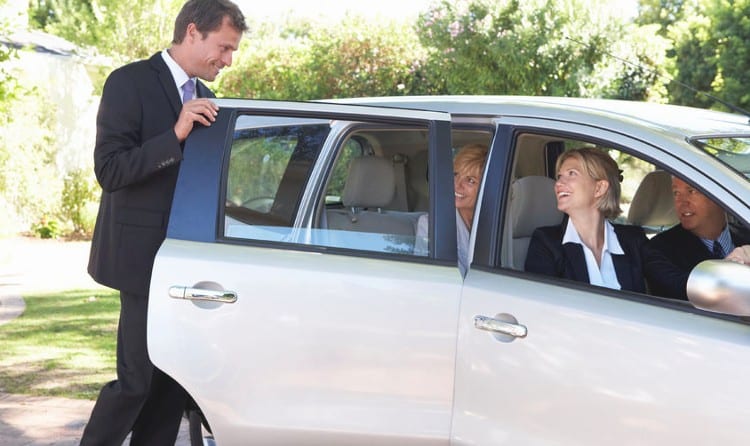Home / Blog / Transportation Fringe Benefit tax law (post-2017 Tax Reform)
Transportation Fringe Benefit tax law (post-2017 Tax Reform)

Tax Cuts and Jobs Act (2017) Impact on Section 132(f) Transportation Fringe Benefits — Final Update
Section 132(f) transportation fringe benefit plans allow employers and employees to avoid paying taxes on income set aside to pay for mass transit, car or van pools, parking, and even bicycles used by employees to get to and from work. The aim of the original law was to encourage fuel savings and to relieve highway congestion during rush hour. The Tax Cuts and Jobs Act of 2017 (the Act) took a serious look at transportation fringe benefits. Major changes went into effect January 1, 2018. These changes are in effect for all companies, including tax-exempt employers.
Parking & Transit benefit
The broadest impact to transportation fringe benefits is on the Parking and Transit part of the plan, where the Act retains tax-savings for employees but eliminates it for employers.
Employees may set aside up to $260 per month ($3,120 per year) for parking expenses and a separate $260 per month ($3,120 per year) for transportation costs through pre-tax salary deductions in 2018 (contribution limits may change in 2019 and beyond).
Employer contributions to employee plans are also tax-free for employees.
However, when an employer contributes to either account on behalf of employees, or otherwise provides for employee transportation and parking, those funds are not tax deductible for the employer. The sole exception is when transportation is provided for the safety of the employee.
Also, administrative fees for these plans are no longer tax-deductible to the employer if billed separately from other benefit administrative fees.
The employer continues to see payroll tax savings (an average 8% to 10%) on employee contributions made via salary reduction since that reduces the overall salary base on which those employer taxes are calculated.
Bicycle transportation fringe benefit
The Act suspends pre-tax bicycle benefits for employees through 2026. Also during this time, any reimbursement under a transportation fringe benefit is counted as taxable wages for the employee.
For the employer, however, it is a tax-deductible business expense during this period.
For more on transportation fringe benefit plans, please read:
Expenses that qualify for reimbursement by Section 125 POP, FSA, 132 & HRA plans
Transit & Parking: Section 132 Plan benefit amount — 2018 update